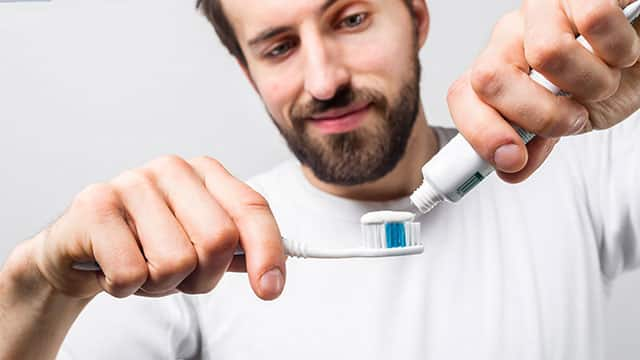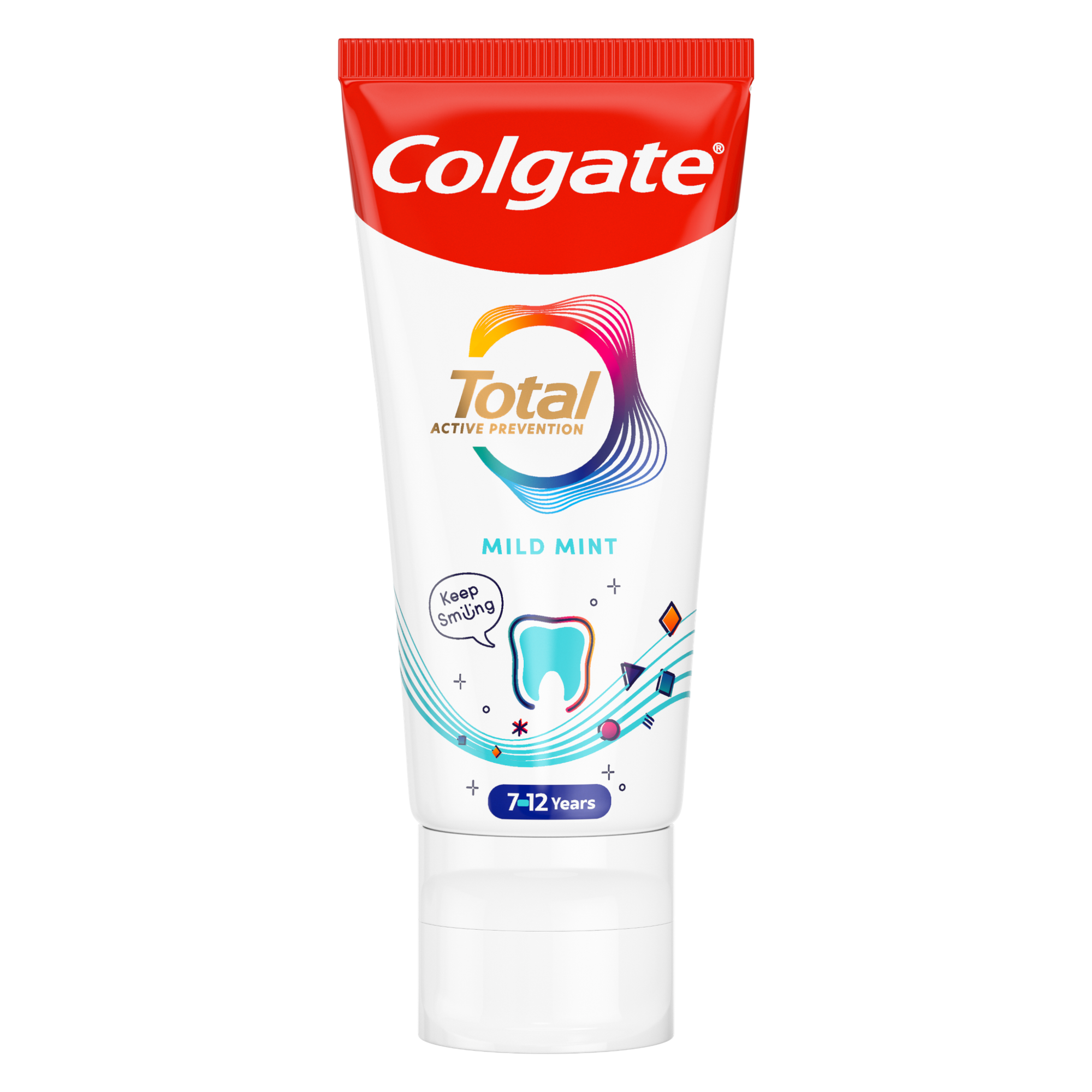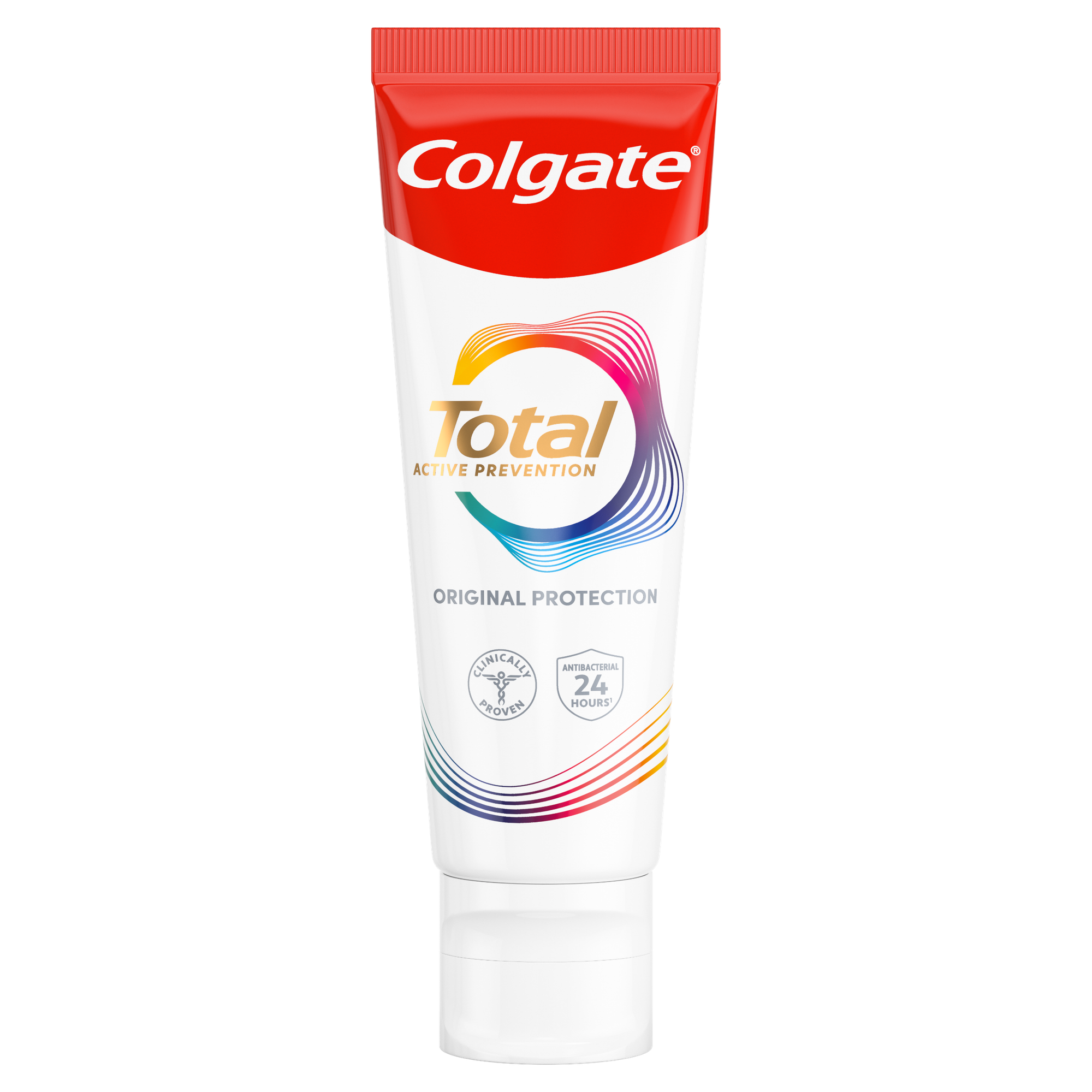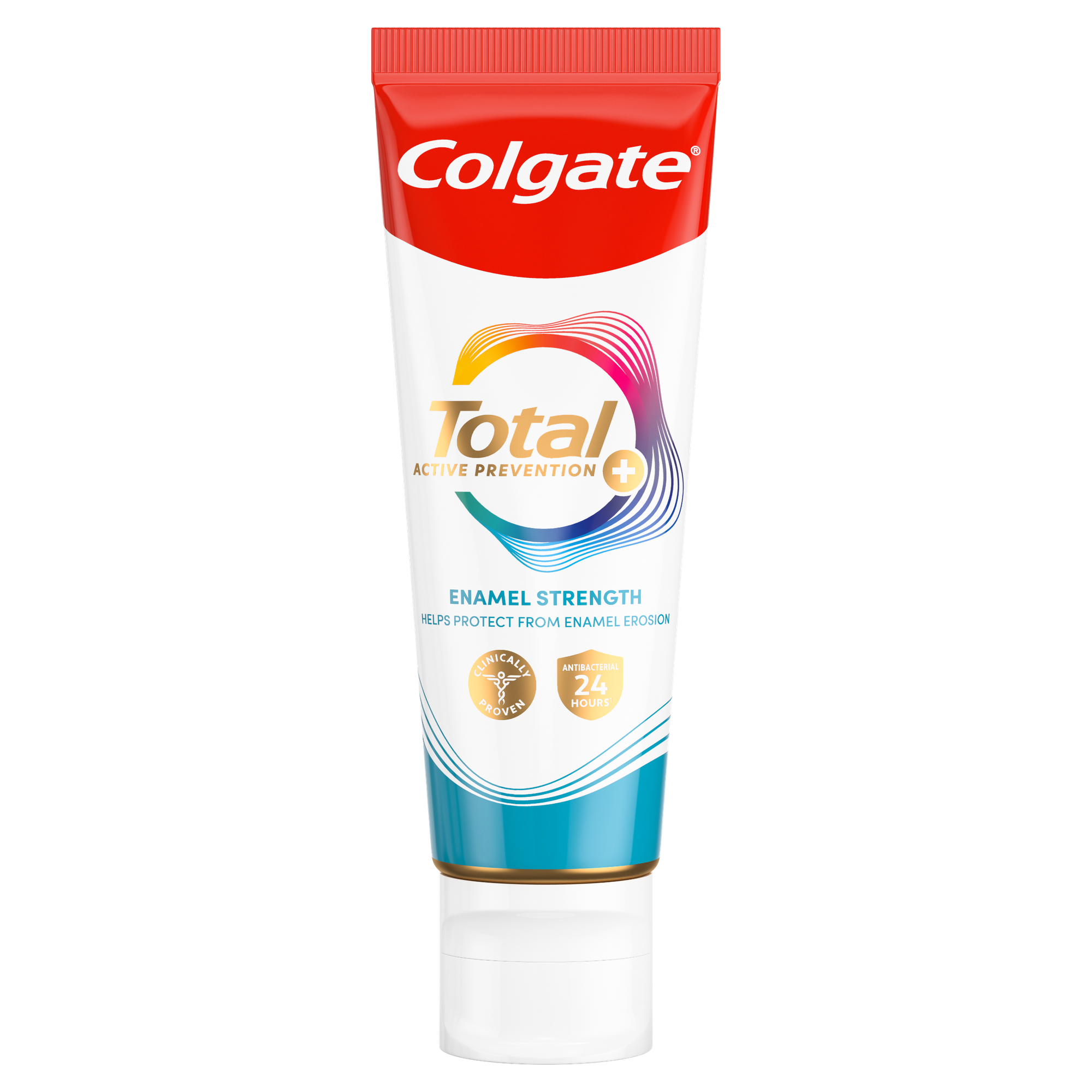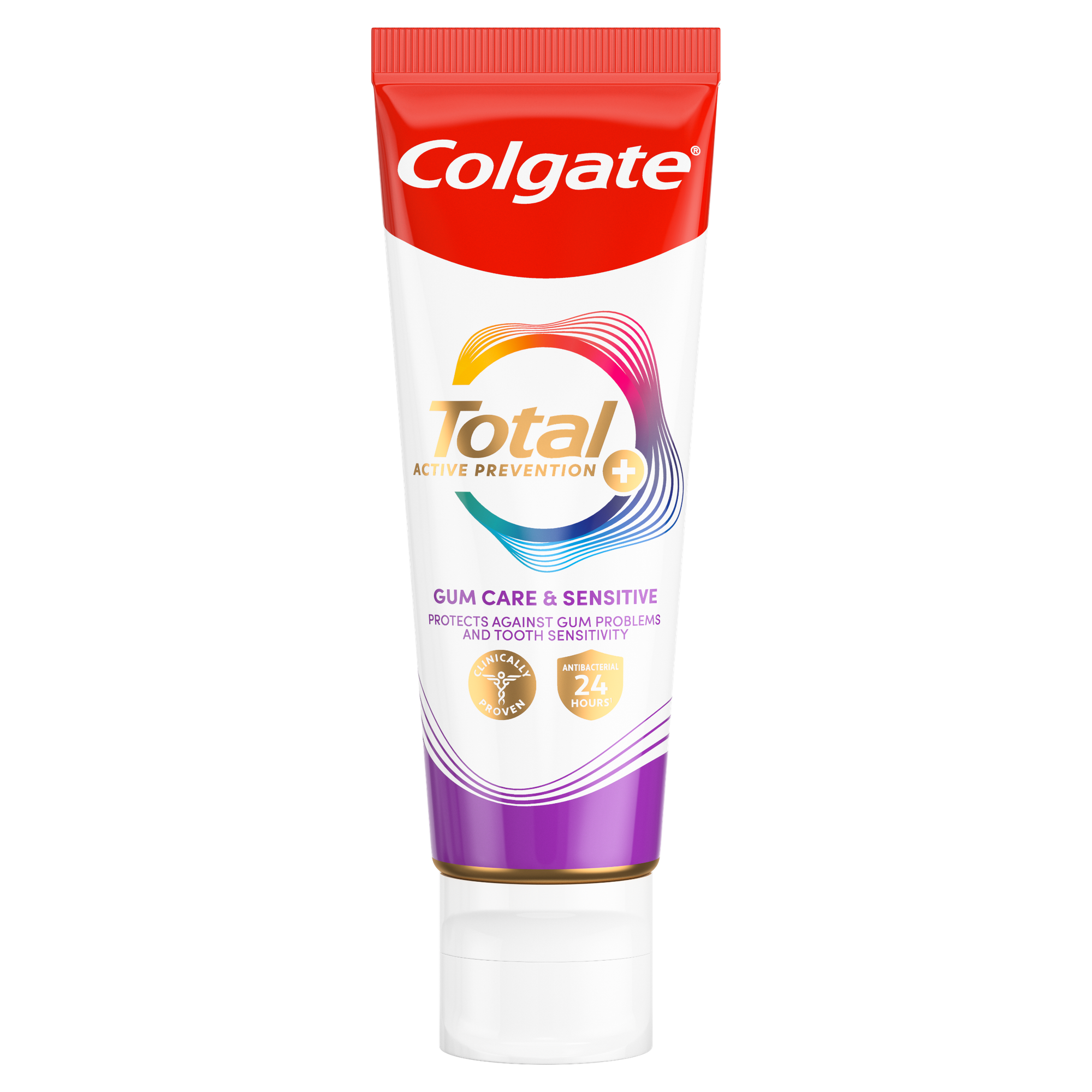These three parts of the TMJ are held together by ligaments originating from different parts of the head and neck to support the jaw and guide its movements. Several muscles are connected to those ligaments, and many aid in the motion of the lower jaw.
How Does TMJ Work?
The TMJ works in two ways to open your mouth. The first way is like a hinge to simply open and close the mouth, just like a hinge on a door. The second way is a sliding motion called translation, wherein your lower jaw moves down and forwards. This motion helps the TMJ to move backwards and forwards and from side to side for actions such as eating, yawning and singing – some of the most common.
What Can Happen to the TMJ?
Like any other joint in the body, the TMJ can be fractured, swell and become sore, causing limited movement of the lower jaw and pain radiating to the head and neck area. A fracture to the actual articular disc is rare, but it can be displaced, causing severe pain and swelling. Unlike other joints such as knees and hips, arthritis of the TMJ is very rare, and hard to treat with anti-inflammatory drugs alone. Nonetheless, pain in the TMJ is often temporary, and can be treated with a combination of ice then heat to relieve the sore ligaments and muscles surrounding the joint.
What About Grinding and Clenching?
Sometimes, pain in the TMJ can come from the teeth themselves, as opposed to the TMJ and the surrounding ligaments.
Teeth grinding, for example, can become harmful if your teeth are misaligned, and certain movements cause the teeth to grind against each other, creating pain in the joint. Stress – whether work-related or personal – can be a source of aggressive jaw activity according to the NHS. If this is determined to be the cause of your jaw pain, your GP may suggest you see a psychologist to work on the underlying issue.
Clenching can also cause TMJ pain, and some patients exhibit this behaviour at night while sleeping. Your dentist may prescribe a clear plastic bite/night guard, fabricated to help alleviate your symptoms after a thorough diagnosis has been made.
What If I Need Surgery on My TMJ?
Although rare, surgery is sometimes required to correct TMJ problems. A referral to an oral and maxillofacial surgeon is sometimes appropriate, according to the Royal College of Surgeons (RCS), and special imaging pictures of the joint may need to be taken to determine if surgery should be a part of your TMJ treatment. Often these procedures are as typical as the orthopaedic treatment you'd receive for a knee injury.
How Do I Keep My TMJ in Good Health?
Just like keeping your teeth healthy, your TMJ should warrant regular visits to your dentist and dental hygienist to prevent complications during a routine dental exam. Proper brushing and the use of fluoridated toothpaste can help you reverse any wear to the enamel caused by a TMJ condition.
So, what is the TMJ? Go to your dentist at least two times a year to check for problems before they occur, and you won't even need to know. Your TMJ is like any other joint in your body, and good preventive health habits will ensure a lifetime of happy smiles and chewing.
About the author: Dr Huot is the founder and CEO of Beachside Dental Consultants, Inc. He has lectured at many meetings across the United States, and his past articles have been featured in Dental Products Report, Dental Economics, Dental Practice Report, ADA News, and US state dental journals. Dr Huot retired in 2012 as a colonel in the USAF Reserve Dental Corps after 30 years of service, with his last assignment serving as Commander of the 920th Aeromedical Staging Squadron at Patrick AFB, Florida. A past president of the Maine Dental Association in 1994, and the 2006 president of the Atlantic Coast District Dental Association, Dr Huot currently serves as a member of the Florida Dental Association Board of Trustees, and a board member of the American Dental Association Council on Government Affairs. Dr Huot is a Fellow of the American College of Dentists, the International College of Dentists, the Academy of General Dentistry, and the Pierre Fauchard Academy.
ORAL HEALTH QUIZ
What's behind your smile?
Take our Oral Health assessment to get the most from your oral care routine
ORAL HEALTH QUIZ
What's behind your smile?
Take our Oral Health assessment to get the most from your oral care routine








